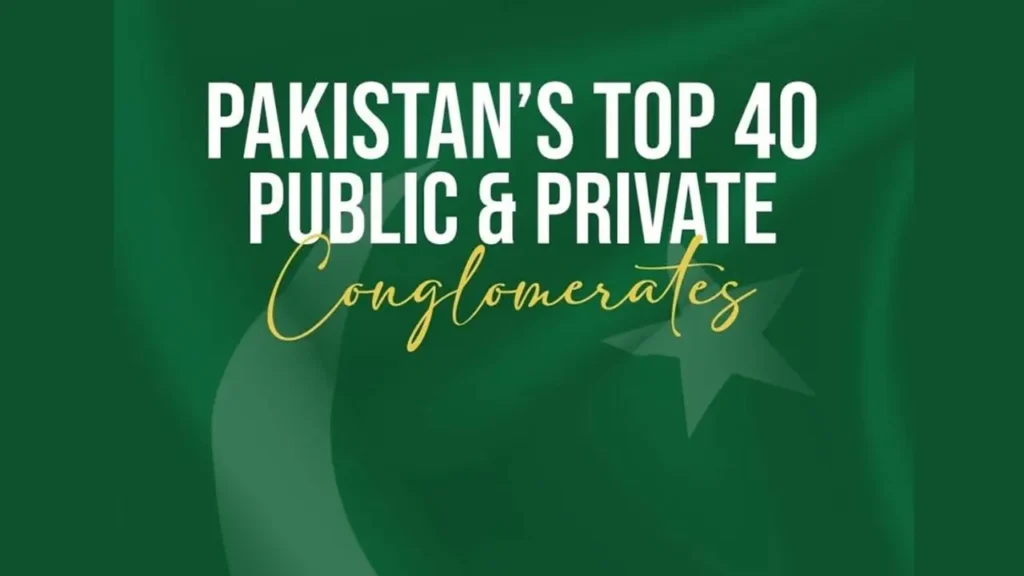- Web
- Feb 05, 2026
Pakistan’s billionaire watchlist grows as new wealth index names top groups
-

- Web Desk
- Aug 16, 2025

ISLAMABAD: On Pakistan’s Independence Day, a think tank dropped something unusual: a list of the country’s mightiest business empires. The Economic Policy & Business Development (EPBD) unveiled its first-ever Wealth Perception Index 2025, ranking the top 40 corporate conglomerates that shape much of Pakistan’s economy.
It is not just a roll call of familiar giants. For the first time, the report pulls together a “watchlist” of family-led groups expected to cross into dollar-billionaire territory soon. Think real estate barons, textile powerhouses, sugar tycoons, cement clans, and media networks that already dominate headlines.
Who’s on top?
Among the 20 biggest public-listed groups, the Fauji Foundation leads the pack with an estimated worth of $5.9 billion. Bestway and UBL follow at $4.51 billion, with Yunus Brothers’ Lucky Group at $2.59 billion. Big names like Nishat, Engro, Meezan Bank, Arif Habib, Attock, and British American Tobacco Pakistan also made the cut.

On the private side, the future “billionaire club” includes Packages, Fatima, Sapphire, Hilton Pharma, Lake City Holdings, JDW Sugar, Liberty Group, Soorty, Beaconhouse, and even media players like the Jang/Geo Network. Each of these groups is already a heavyweight in its own space, but the index suggests they are poised to scale much bigger in the coming decade.

More than money
The report stresses that these conglomerates are not just minting cash. They employ hundreds of thousands, contribute billions in taxes, and remain central to industries with powerful ripple effects such as banking, cement, fertiliser, IT, and diversified manufacturing. EPBD believes that with the right support, their economic footprint could double within the next decade.
The think tank is recommending that senior bureaucrats actually intern inside these corporations. The idea is to bridge the massive gap between those who draft economic policies and the people who actually drive the economy. It is a rare suggestion in a country where the public-private disconnect often slows down reforms.
EPBD CEO Ahmad Nawaz Sukhera summed it up: “Government alone cannot address Pakistan’s complex economic challenges. We need a strategic partnership between policy makers and our top private sector leaders.”
The report also points to a rising wave of women-led enterprises and the growing footprint of tech firms like Systems Limited, showing that Pakistan’s economy is not only about smokestacks and cement kilns anymore.
Read next: Govt outlines debt strategy with focus on hedging, domestic markets




